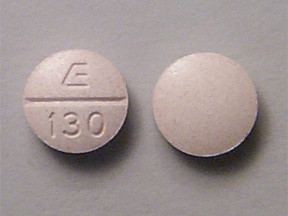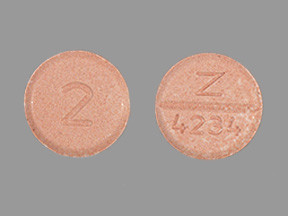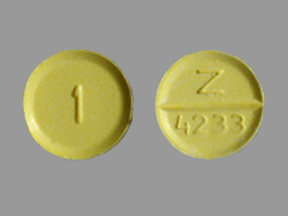BUMETANIDE - ORAL
PHONETIC PRONUNCIATION: (bue-MET-a-nide)
COMMON BRAND NAME(S): Bumex
GENERIC NAME(S): bumetanide
Uses
USES: Bumetanide is used to reduce extra fluid in the body (edema) caused by conditions such as heart failure, liver disease, and kidney disease. This can lessen symptoms such as shortness of breath and swelling in your arms, legs, and abdomen. Bumetanide is a "water pill" (diuretic) that causes you to make more urine. This helps your body get rid of extra water and salt.
How to use BUMETANIDE - ORAL
HOW TO USE: Take this medication by mouth as directed by your doctor, usually once or twice daily. It is best to avoid taking this medication within 4 hours of your bedtime to prevent having to get up to urinate. Dosage is based on your medical condition and response to treatment. Older adults usually start with a lower dose to decrease the risk of side effects. Do not increase your dose or take it more often than directed. Take this medication regularly to get the most benefit from it. To help you remember, take it at the same time(s) of the day as directed. It is important to continue taking this medication even if you feel well. Most people with high blood pressure do not feel sick. Tell your doctor if your condition does not improve or if it worsens. If you are taking this medication to control high blood pressure, tell your doctor if your blood pressure readings remain high or increase.
Side Effects
Precautions
Interactions
Overdose
Images
Reviews
Faq for BUMETANIDE - ORAL
Bumetanide is an oral medication that belongs to a class of drugs known as loop diuretics. It is primarily used to treat fluid retention (edema) caused by conditions such as congestive heart failure, liver disease, and kidney problems.
Bumetanide works by increasing the excretion of salt and water from the kidneys. It inhibits the reabsorption of sodium and chloride in the kidney tubules, leading to increased urine production and decreased fluid retention.
Common side effects of Bumetanide may include increased urination, dizziness, lightheadedness, muscle cramps, or nausea. Serious side effects such as severe allergic reactions, electrolyte imbalances, and low blood pressure may occur but are rare. It is important to seek medical attention immediately if any severe side effects occur.
Bumetanide should be taken exactly as prescribed by your doctor. Usually, it is taken once or twice daily with or without food. It is important to take the medication at the same time each day to maximize its effectiveness. Do not adjust the dosage or stop taking Bumetanide without consulting your doctor.
Bumetanide may interact with other drugs, including certain antibiotics, lithium, digoxin, nonsteroidal anti-inflammatory drugs (NSAIDs), and corticosteroids. It is essential to inform your doctor about all medications, vitamins, and herbal supplements you are taking to avoid potential interactions.
Bumetanide should not be used during pregnancy unless absolutely necessary. It may harm the unborn baby and can cause complications. It is also not recommended during breastfeeding, as Bumetanide may pass into breast milk and harm the nursing infant. Discuss the potential risks and benefits with your doctor before using the medication.
Warning
WARNING: Bumetanide is a very potent medication. Using too much of this drug can lead to serious water and salt/mineral loss. Therefore, it is important that you are closely monitored by your doctor while taking this medication. Tell your doctor right away if you become very thirsty or confused, or develop muscle cramps/weakness. See also Side Effects section.
Disclaimer
IMPORTANT: HOW TO USE THIS INFORMATION: This is a summary and does NOT have all possible information about this product. This information does not assure that this product is safe, effective, or appropriate for you. This information is not individual medical advice and does not substitute for the advice of your health care professional. Always ask your health care professional for complete information about this product and your specific health needs.




No Reviews Yet